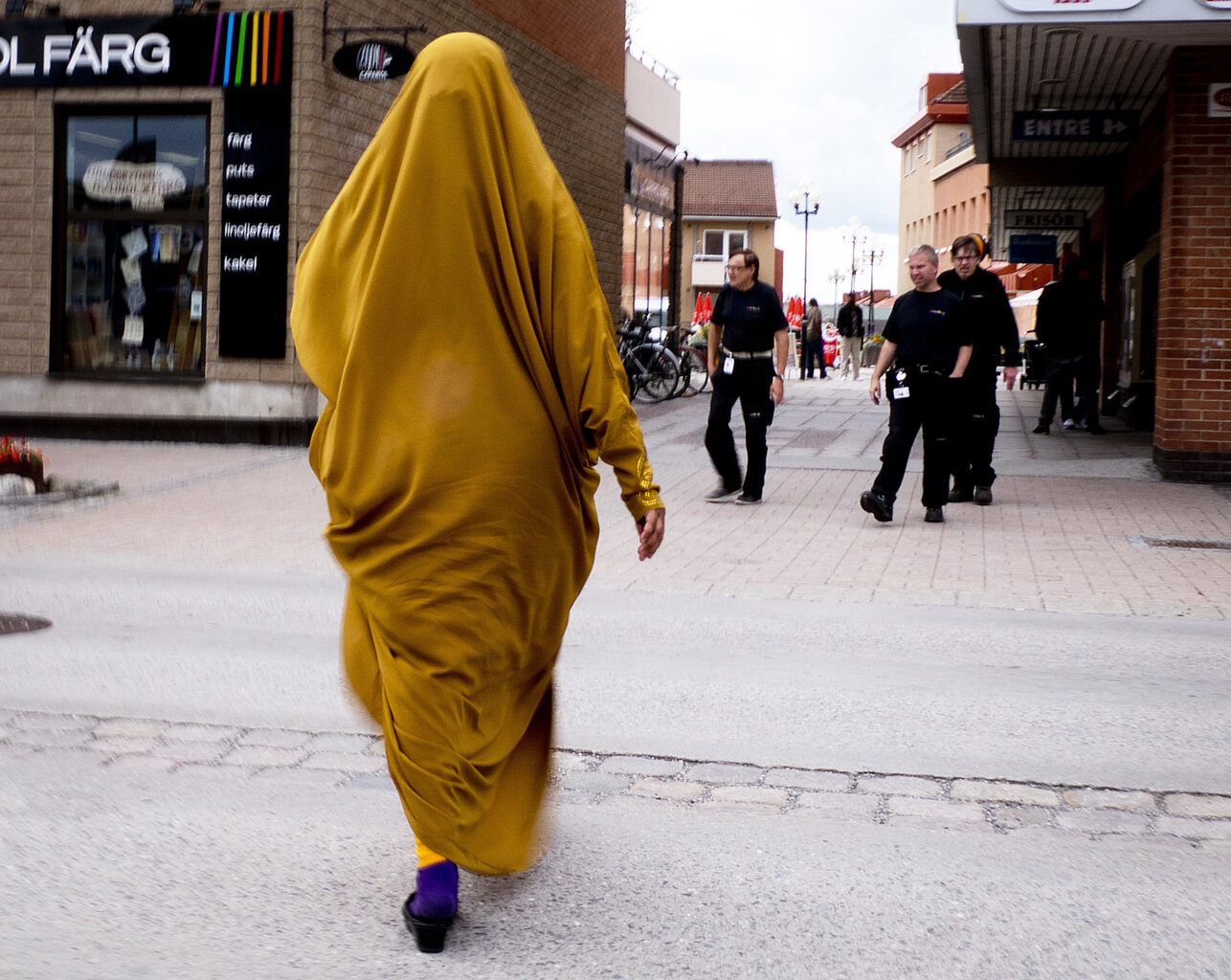Uppdrag granskning, a Swedish television investigative journalism program, went to shoot to the troubled Tjärna Ängar district in the town of Borlänge, known as ‘Little Mogadishu,’ where more than half of the residents are immigrants from Somalia. Some locals were aggressive and violent towards the journalists, the SVT Nyheter reported. One person even threw stones at them and shouted, “Fuck SVT.”
One of the locals that the journalists met was an older woman who has lived there for 18 years, but who has not yet learned Swedish.
“What are you doing? Hello! Do not film me, bitch!” shouted one man as reporters drove around the area.
Official statistics claim that just over 3,500 people are living in Tjärna Ängar, but according to some politicians and police, the real number is rather upwards of 10,000. The families are large with many children, which leads to overcrowding.
The area is characterized by high unemployment, dependency on social benefits, criminal networks, and foreign customs that generally govern life in the area. Police control and transparency are extremely limited.
One night, when Uppdrag granskning reporters were there, they were attacked by a person who threw a stone at them, shouting, “Fuck SVT” before running away.
Shortly afterward, some masked men approached and asked why they were filming in Tjärna Ängar. The males were careful not to be filmed.
“You have to say good things about this area if you are going to film,” said one of them, adding that the reports should only focus on the positive.
SVT also met local politician Mursal Isa. He said that, above all, the foreigners who come to Tjärna Ängar receive information about the new country from other immigrants.
The newcomers are told that “the Swedish language is a local language” that they do not need to learn, that it does not pay off to work, and that they should not testify against criminals because they would be putting their physical safety at risk.
“This still goes on today and I even think it has gotten worse,” said Mursal Isa.





